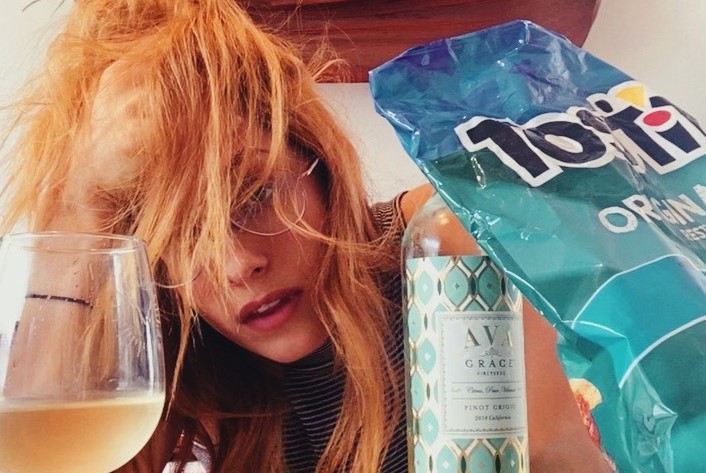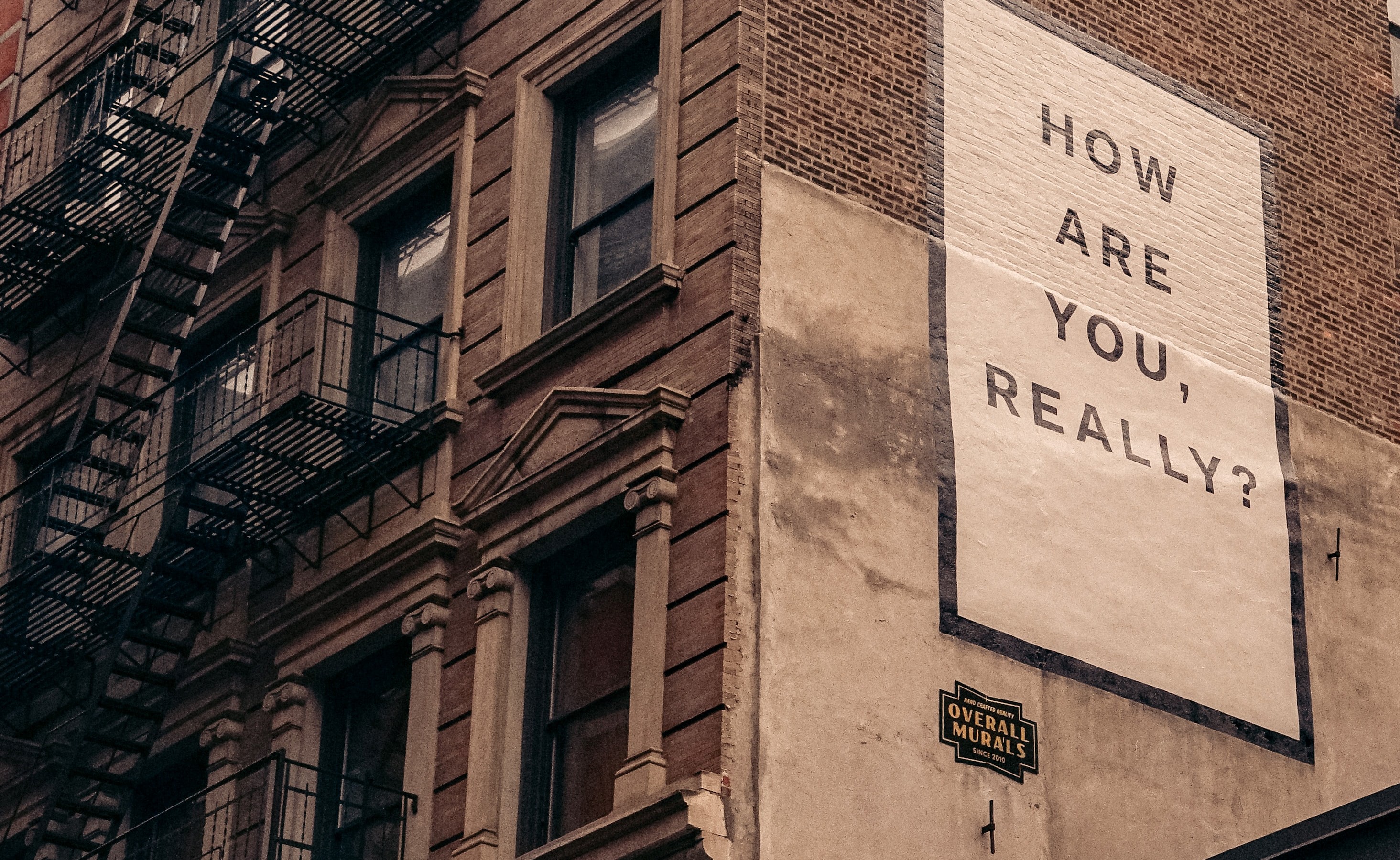Self care has jumped to the forefront of our lives. Trapped in our homes without gyms, barre classes, or springtime hikes, it’s become more important and more challenging than ever to take care of our minds and bodies.
Some of us are battling expanding waistlines, and some are taking apart the internalized fatphobic narratives that stigmatize big waistlines in the first place. Some are honing our cooking and meal planning skills, some binging and purging instead. Some of us might be facing old personal demons that have flared up again during isolation.
BINGE Makes Us Look At Our Messiness
The pandemic is affecting our health in myriad ways, and a new series called BINGE puts this right in our faces. If you didn’t see the original pilot, released near the end of 2016, BINGE was originally slated to become a web series about a woman with bulimia, which critics compared to Fleabag. It draws from the lived experience of series star and co-creator Angela Gulner.
“I was a real disaster to behold,” Gulner told Bustle at the time. But now COVID-19 has struck, puting us face to face with self care in new ways. And that’s given content creators like Gulner and her producing partners at Happy Little Guillotine Studios some extra time to work on new projects. In a way, COVID was just the right ingredient to push BINGE to the next level.

The original pilot was bold and unflinching in its treatment of the under-discussed issue of eating disorders. It asked us to look at our messiness. But the series’ new direction takes on added sophistication and complexity when the characters have nothing to do except stay home and eat, while filming themselves and each other.
It’s the perfect dark comedy electrical storm.
Facetime and Failed Sex Tapes Are the New Cinematography
The new episode of BINGE cleverly uses the character’s filming habits to drive the story and cinematography. Directed and co-created by Gulner’s writing partner, Yuri Baranovsky, it’s a mashup of vlog takes, facetime chats, and failed sex videos, all woven seamlessly through the narrative. Instead of polished cinema, it looks and feels like raw footage from a friend’s camera, but with the narrative pace and quick timing of smart comic filmmaking. Baranovsky and Director of Photography, Justin Mark Morrison, use clever flourishes to make the visuals feel raw in the right ways while editor Dashiell Reinhardt creates a pace that is both fun and foreboding.

This also raises the question: how are we getting creative in isolation? Gulner and Baranovsky have managed to make some fiercely funny and truly bingeworthy content — without ever leaving home. Watching it I couldn’t help but wonder, ‘what am I creating? What can I create from this messy, kid-littered house?’
Creative productivity helps keep us sane. Seeing this pilot made me wonder if co-writing and starring in the series was part of how Gulner dealt with her own health during lockdown. So I decided to ask her.
Whether You’re the Filmmaker or the Audience, Staying Creative Helps to Stay Healthy
“The short answer is yes, absolutely,” Gulner told me in, appropriately, a video chat. “From the first production Zoom calls with Yuri, Justin, Dashiell and (co-star and co-producer) Daniela (DiIorio), to the actual filming itself, I think this whole thing, creating art, it’s been incredibly good for all of our mental health.” She says that although her eating disorder is now years behind her, she’s always looking to engage in activities that support her mental and physical well being. Those activities include filmmaking.
“Making the first series was how I moved on from the sad aftermath of recovery. I guess you could say this round is part of how I’m coping with isolation. But honestly this time around it’s even more fun.” She says the added challenges of non-traditional filming, using mobile devices and teamwork-from-home, throw a giddy kind of wrench into the filmmaking process. And she says with her eating disorder deeper in the past, it’s easier to laugh through it all. “I’m not processing those years so much anymore, so I can see the character as more of a character, more at arm’s length. Which I think helps with the gags, and the nastiness, but also with the compassion.”
Compassion is a key part of what makes BINGE work. The main character pushes the boundary between relatably flawed and dislikeably caustic. That’s part of the point, of course. She’s a character who hates herself and makes herself hard to love, pushing away the people who care for and support her. It’s a credit to Gulner and Baranovsky’s writing and the acting chops of both Angela and her co-star, Daniela DiIorio, who skillfully plays her plain-spoken BFF, Kate, that we can walk away from BINGE feeling compassion towards the trainwreck of a character.
A comedy series tackling eating disorders head on—that was interesting. But a series tackling eating disorders, made during quarantine for a quarantined audience—that’s genius. And it’s a little something to help us all laugh at whatever personal demons we might be stuck at home with.


